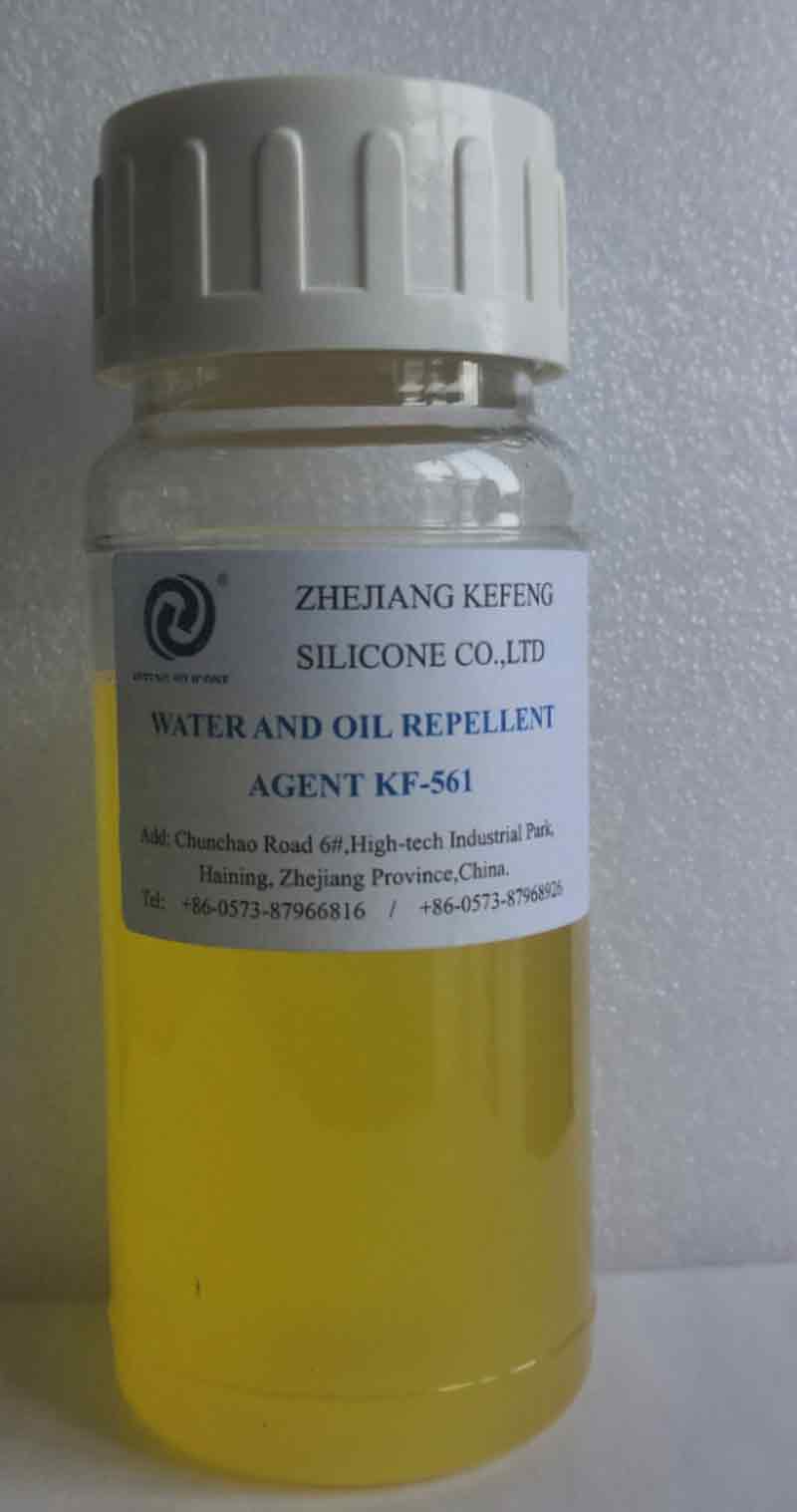

Views: 20 Author: Site Editor Publish Time: 2022-05-25 Origin: Site

A textile silicone softener is a synthetic softener made of a silicone oil, and is available in various forms, including polymers and lubricants. Their excellent properties include low surface tension, freedom of rotation, high glass transition temperature, and low refractive index. They are also environmentally friendly and non-polar. They are used in textiles to increase water repellency. The length of the silicone chain determines the degree of hydrophobicity of a fabric.
This product is a polymer with an alternating silicon and oxygen backbone. It is also modified with organic groups. This unique structural feature makes silicones softening agents, as well as other polymers, ideal for use in textiles. Because silicones are insoluble in water, they must be added to fabrics after being cured in organic solvents. The benefits of silicone softeners include high softness and durability, a lubricating film, and good fastness to washing.
A hydrophobic textile silicone softener is Hanatex Soft HB. This is a highly concentrated speciality silicone that imparts inner softness and surface smoothness to fabrics. It also possesses high TDS temperatures and a wide range of pH. Ultimately, Fabric Softeners are an essential component of textile finishing. Therefore, it is important to select the right one based on the desired outcome. Physical properties and substrate type are the primary considerations. Cosmo Speciality Chemicals can help you find the right textile softener for your needs.
Polyethylene-based softeners are also available. They are modified by high-pressure air oxidation in a melt and show a high degree of lubricity, but are not suitable for dry-cleaning. These softeners are compatible with fluorescent brightening agents and resins. In addition, they impart lubricity and improve tensile strength. Matsoft PE and Matsoft PEW emulsions belong to this class of softeners.
The silicone oil bottle is an important part of the entire system, and is crucial in distributing the liquid into various solutions. The bottle should be well-geared up in accordance with the company's guidelines. It is one of the basic needs of textile softener makers. You need to check the specifications of your silicone oil bottle before you decide to buy it. When buying silicone oil for your project, make sure to select the highest quality product available.
Another type of textile softener is cationic. This softener is compatible with dyes and bleach bath components. An anionic softener is easily washed off and gives a full body feel to the fabric. Cationic softeners are inelastic in acid and provide strong antistatic properties. Cationic softeners are non-ionic, but they can alter the toning of dyes and reduce the fastness of reactive dyes.
The quaternized aminoalkylsiloxane is a type of polymer that imparts body break to treated fabrics. It also does not dry out the finished fabric during storage. It is also suitable for use in soft flow (jet) machines. Its shear stability makes it a versatile microemulsion suitable for all substrate types. It is particularly useful in enhancing the softness of cotton knits and terry towels.
